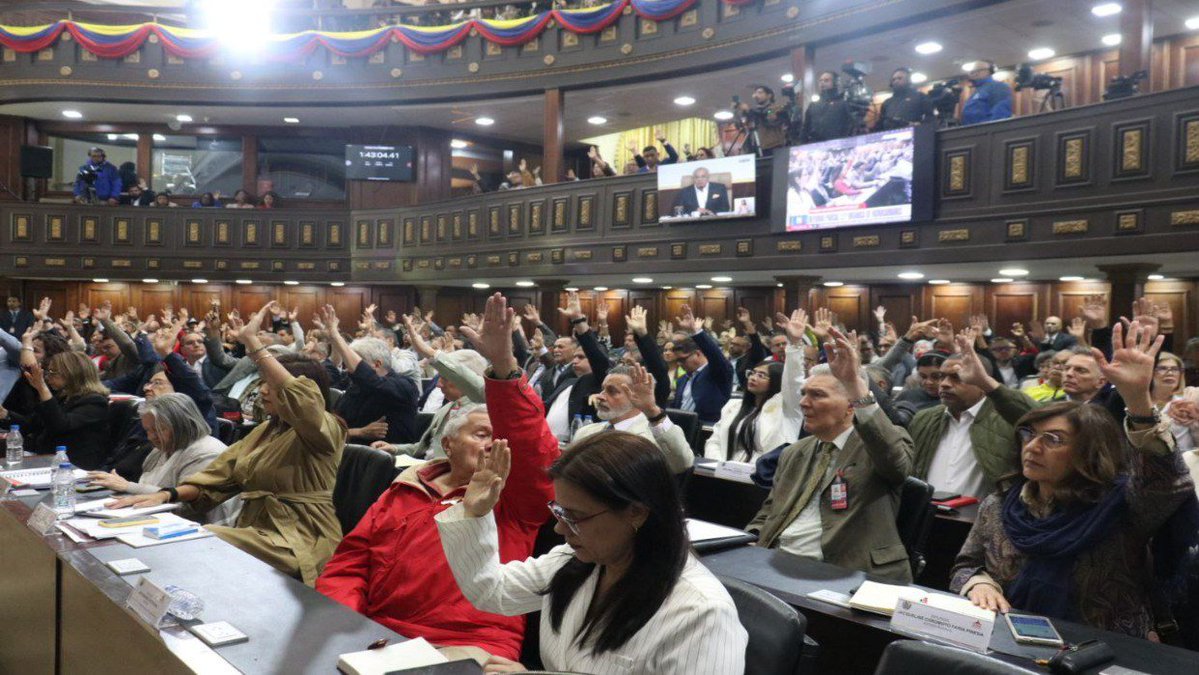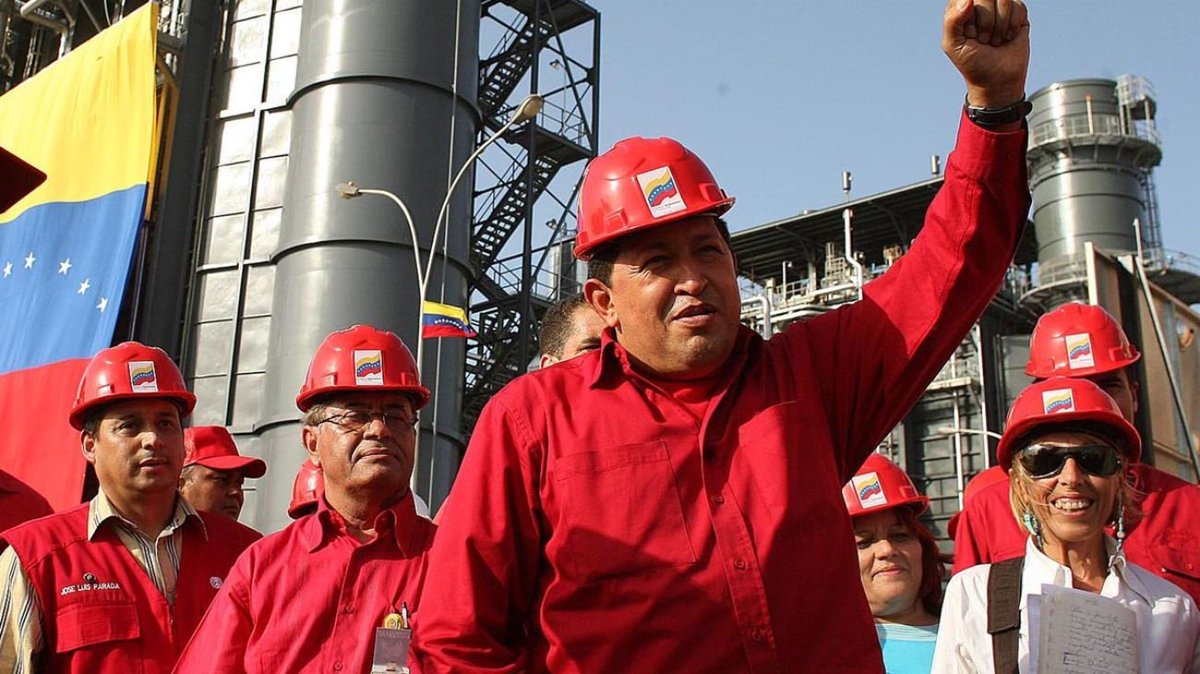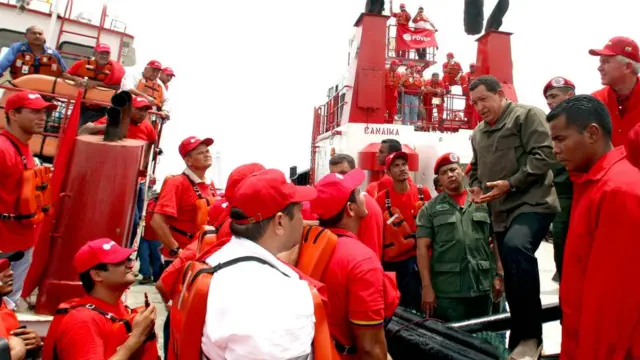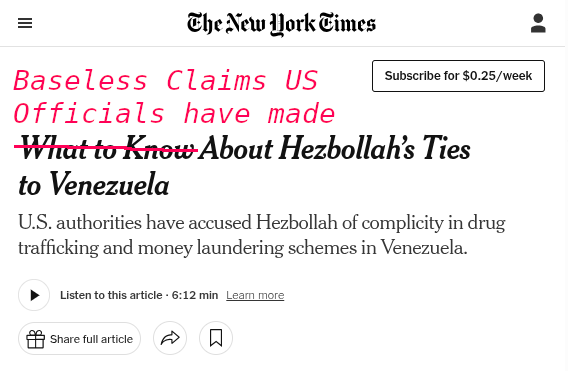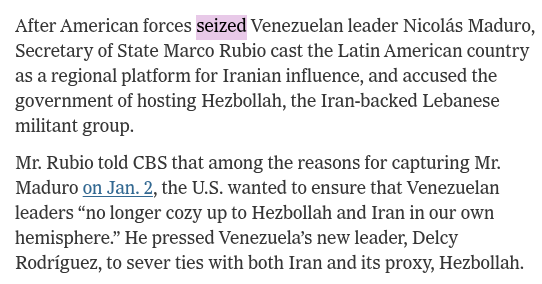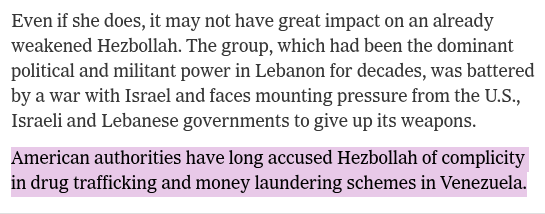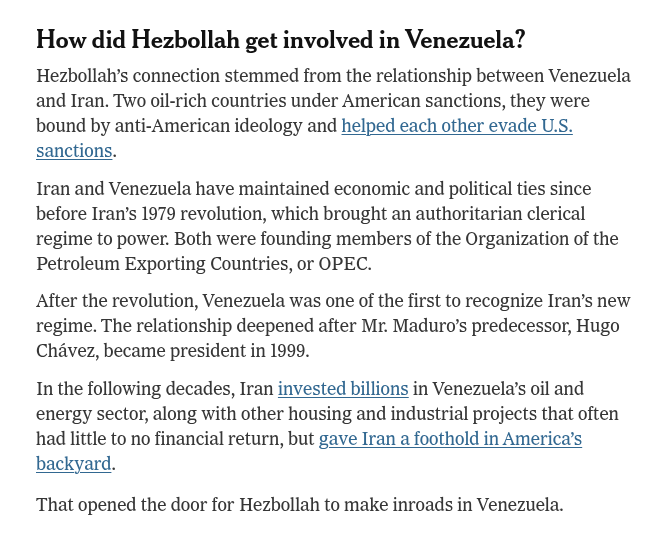🧵On #13Nov, 2001, Hugo Chávez's historic Land Law was approved to reverse Venezuela's highly unequal land distribution. The law provided conditions for campesinos (peasants) to rescue over 60% of large unproductive estates.
The land for those who work it! 👇
The land for those who work it! 👇

Before Chávez, neoliberal policies and oil dominance made the country dependent on agri-food imports while marginalizing rural peoples. Many migrated to urban areas to escape poverty, resulting in today’s barrios on the outskirts of Caracas and other cities. 

With the Land Law there was a rural revitalization with campesinos retaking idle land from the elites. This saw agricultural production ramp up after decades of decline. Small and midsize farmers cover some 70% of Venezuela's food demand presently. 

A percentage of idle plots were recovered by communes, self-governed territorial organizations and one of Chávez' key projects for the construction of socialism. Communes like El Maizal (located in Lara and Portuguesa agri-states) have been crucial to achieving food sovereignty. 

Venezuela's elites were, of course, bitter enemies to the Land Law. The powerful cattle rancher and landowner guild FEDENAGA was behind the 2002 coup that briefly ousted Chávez. When that failed, bloodshed began in the countryside, with over 350 campesinos killed since then. 

An ongoing “landowner offensive” is not the only enemy. Rural areas have been hard-hit by US sanctions blocking seed, fertilizer and machinery imports, even from Colombia-based Venezuelan petrochemical Monómeros, currently under US-backed opposition control. 

Diesel shortages have likewise affected Venezuela’s rural communities. The fuel is needed to power tractors and transport crops. Diesel scarcity began after US sanctions against state oil company PDVSA halted refineries before Washington prohibited oil-for-diesel swap deals. 

With food imports (and the gov’t CLAP food program in particular) also targeted by US sanctions, Venezuelan rural workers took on the task to supply the cities despite all the obstacles. Their heroic efforts countered the crisis and the bourgeois food speculation. 

In recent years, campesinos have also found innovative ways to secure food production without depending on imported industrial inputs. Some strategies have been diversifying crops, exchanging seeds and supplies among communities and repairing their own machinery. 

Currently, Venezuelan rural organizations demand justice for the ongoing targeted killing and criminalization cases and more government support to guarantee food production amidst the US blockade.
Read our latest report on campesinos’ struggles: venezuelanalysis.com/news/15366
Read our latest report on campesinos’ struggles: venezuelanalysis.com/news/15366
• • •
Missing some Tweet in this thread? You can try to
force a refresh


